Supernatural Monster Mythology Evolution: Vampires
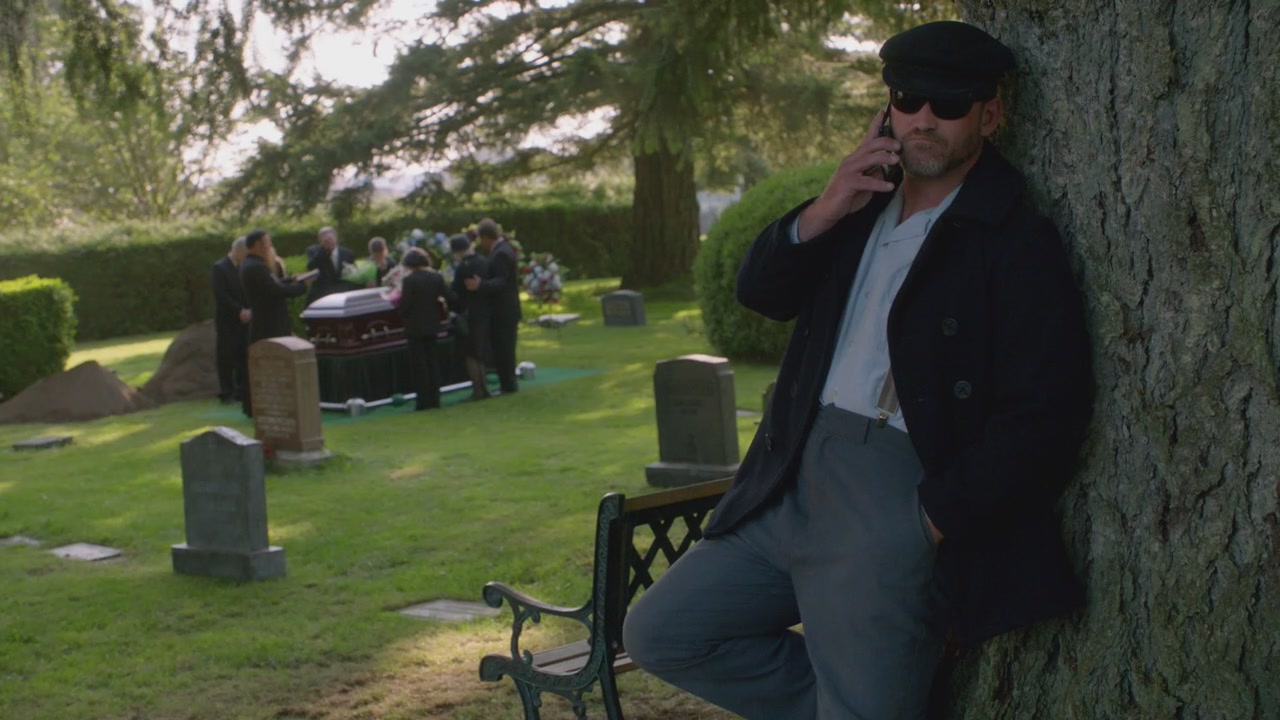
Over the 14 seasons of Supernatural,the scope, development and progression of the “monster” has undergone massive transformation. From its original horror movie foundations, Supernatural has grown to tell a deep, impactful story that transcends any monster of the week story arc formula, and so with it have the traditional monsters evolved.
In this article series, we’ll look at some of the main “monsters” (traditional and not-so-traditional), how they’ve changed from their first meet-and-greet within Supernatural, significant lore revelations along the road, their impact on Sam and Dean, and their impact on the series in general.
I’ll be citing the first appearance, of course, and the most recent significant appearance. For this, I’ll be excluding any alternate universe versions/hybrids or mentions. For example, the werewolves are involved in the Michael-Makes-FrankenMonsters plotline, but as a tool of Michael, rather than unique to the werewolves in and of themselves. No offense, wolves.
Same is true of the odd and terrifying hybrid vampires (?) in Apocalypse World responsible for Sam’s death. Although they may be a vampire species and certainly have a significant impact on our boys and plot, I’m sticking to the Winchester World as these are the baddies we know, love (or love to hate) and have seen developed through the years.
The Evolution Part 1: Vampires
First Appearance: 1.20 Dead Man’s Blood
Most Recent Significant Appearance: 12.14 The Raid
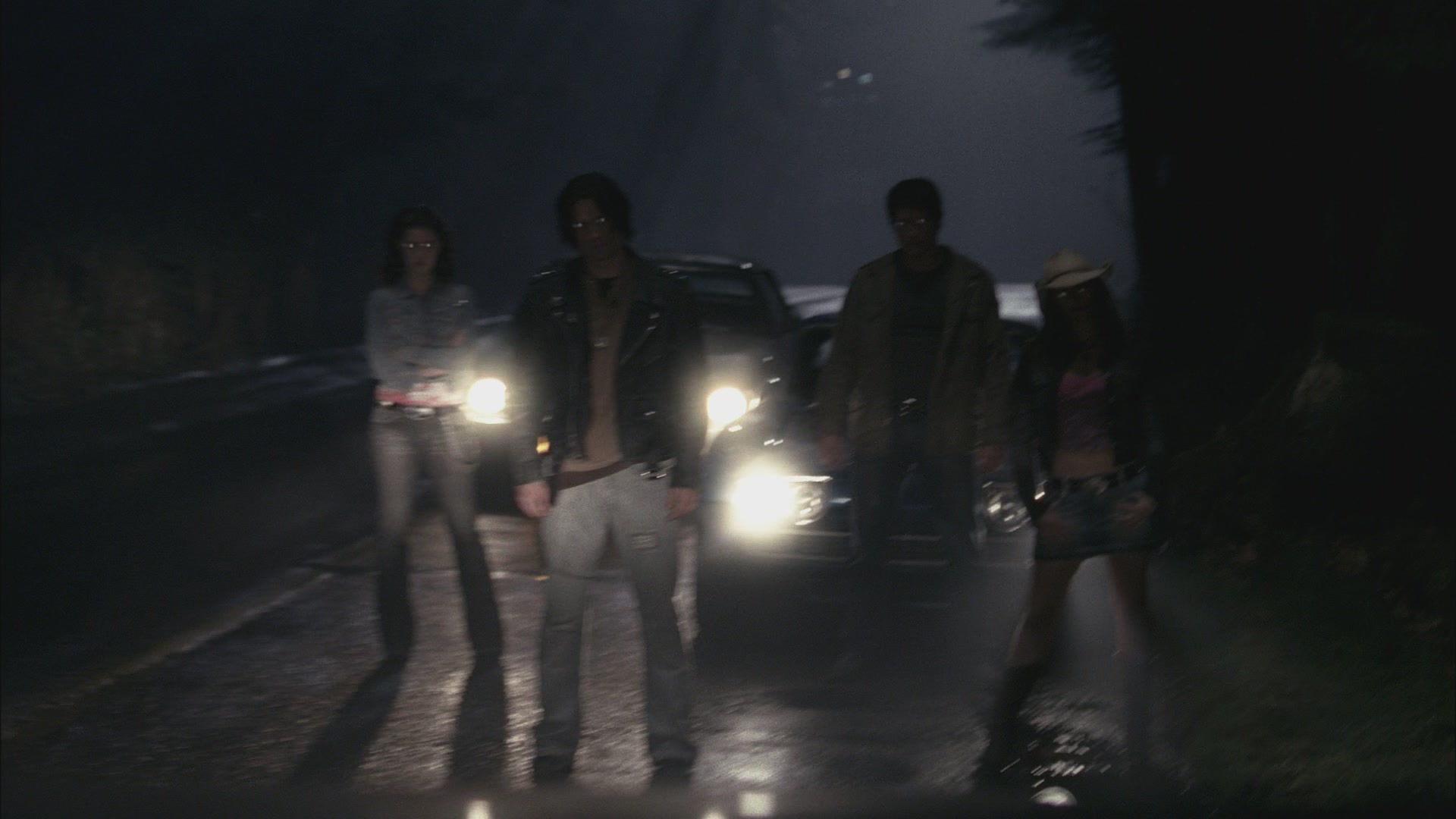
Vampires are one of the oldest, and among the original, enemies on Supernatural, affording them a well developed mythology over fourteen years. In this time, their species has included increasingly unique characters. From their first introduction, vampires are the embodiment of temptation, addiction and desires. They are seductive creatures who are driven by their hunger for human blood – and this lust drives much of what vampires do, often to their detriment. Vampires are also highly intelligent and not without unique personalities or emotions, as we come to see over the years. From the first episode they are presented as monsters to be hunted – though as an absolute, this won’t always hold true.
Kill or Be Killed
When we first meet vampires in season one, they are said to be a rare – possibly extinct – breed. The early encounter is crucial in the series: it is vampires who bring one of the most iconic and significant weapons into the Winchesters hands – The Colt.
Initially, vampires are portrayed as an inferior creature to humans; that is – they are simply evil and should be killed unquestionably. As the Winchesters move along in time and develop, so too does the grey area of what is considered a “monster”. The brothers’ perspective become a little bit broader. In 2.03 “Bloodlust”, the vampires led by Lenore subvert the traditional villain role Sam and Dean expect by feeding only on cattle. Still the themes of temptation and craving are prominent in Gordon’s taunting and torture of Lenore, though she ultimately resists. This is a significant moment for both brothers, in particular Dean, who was always fervently against admitting that non-humans could be anything but monsters until this point.
The thread of temptation and desire continues to resound when Gordon is turned in “Fresh Blood” and the result is fuller and truer realization of his goal to kill Sam, whom he believes to be evil/non-human. Once Gordon is turned, it cements fully his want to kill Sam – but also himself, as he remains absolute in belief that non-humans are evil, despite being one now himself. This illustrates a unique aspect of the vampire, also denoted subtly through Lenore: that although they are a human-turned-creature, vampires do not surrender their human morals upon turning. This theme recurs in individual vampires we meet throughout the series and have the benefit of seeing as both humans and vampires.

Having said that, there is a clear shift in Gordon when he is turned. Though not his first time trying to orchestrate Sam’s death, this is by far his most fervent. It is clear Gordon enjoys what he is doing, and is not simply executing (no pun intended) a duty. Fortunately for Sam, Gordon overestimates his own abilities.
Old & New
As the series develops, the mythology stretches into new and interesting angles. Season six introduces a few key twists on the vampire lore – starting with the idea that a newly turned vampire can be “re-humanized”, and, of course, the introduction of the Alpha Vampire. Again, both of these stay in the playground of temptation, addiction and craving, though in fresh ways.
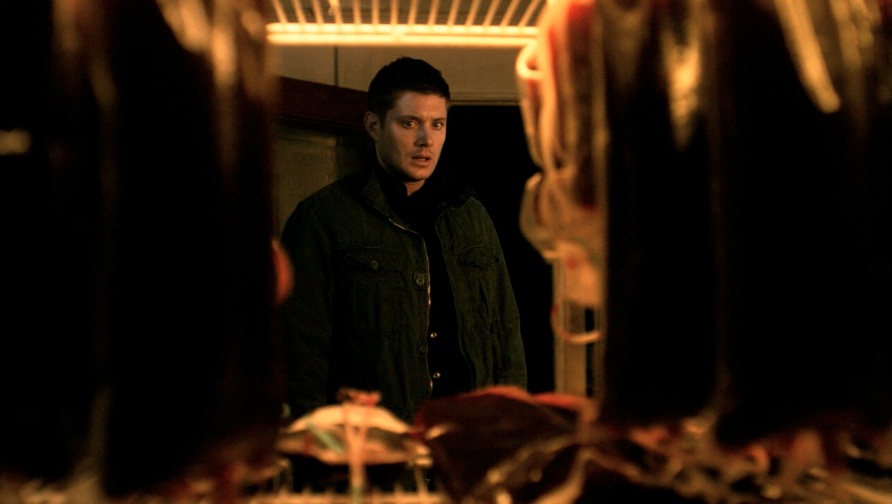
First, let’s look at the “cure” to vampirism and how it is introduced. Dean is bitten and turned (let’s take a moment and remember the Souless!Sam smirk). From this moment he is nearly overcome multiple times by his yearning to feed, continuing to fight it and eventually fleeing Lisa and Ben. Again bloodlust is presented very much like addiction: the driving force, battling against better judgement and self-interest, not to mention the best interests of those around you. Dean’s suffering shows the dark side of these addictions, where other vampires sell the attractiveness of “giving in” to one’s desires, regardless of the cost. In the end, Dean gets the cure, which is costly and makes him very sick – but is worth the price. Not unlike a detox.
6.05 “Live Free or Twihard” gives the teaser look at the Alpha and in 6.07 “Family Matters” we finally meet him formally as the first vampire. The Alpha, played to perfection by Rick Worthy, is seductive, charismatic and articulate with every word and gesture. In addition to being the physical embodiment of the vampire magnetism, the Alpha is a key player despite only appearing a handful of times throughout the series. Most critically, it is the Alpha’s blood that ultimately seals the victory over the Leviathans.
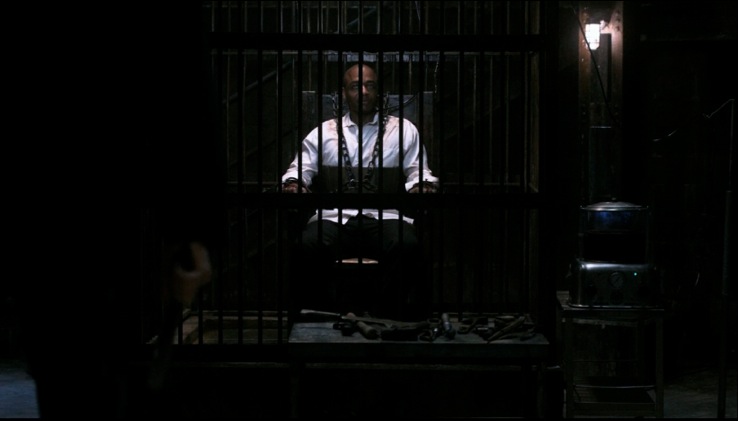
The Alpha’s introduction to the lore also signifies a shift, for both “monsters” in the series overall but in particular, for vampires. He is a superior being: highly intelligent, strong, ancient – and therefore wise in many respects. To this point, vampires have been a strong, devious and astute antagonist, but not necessarily to the extent displayed by the Alpha. The Alpha’s presence changes the game – in the plot of course, but also in upping the ante for the types of enemies that the Winchesters will face: older, wiser, prehistoric, beyond even angels and demons.
Friends & Enemies
Without a doubt, foremost among the most noteworthy vampires in the journey of the Winchesters is Benny.
Benny represents a multitude of important developments in the plot and characters – primarily the full turnaround of Dean on his “all monsters are bad” stance from the beginning of the series, now cemented by his friendship – nay, brotherhood – with Benny. Where Sam had advocated a more liberal approach to supernatural creatures – a more individual evaluation – he is very much distrusting of Benny despite Dean’s endorsement. Eventually Benny is able to prove himself to Sam, ironically after not succumbing to his nature during his time back on earth despite a multitude of temptations, and opting to remain in purgatory (where bloodlust doesn’t exist), saving Sam’s life from other vampires.
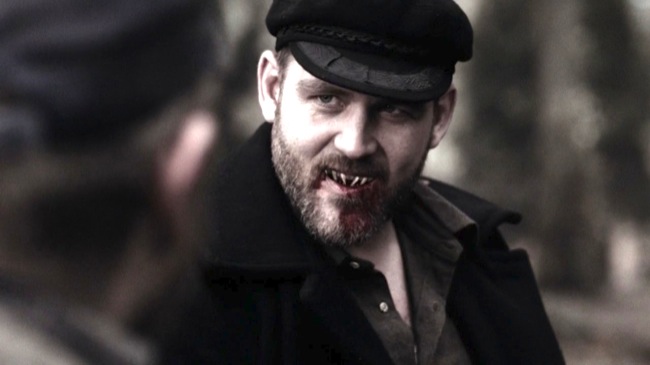
This friendship solidifies a phase of “equalization” that began back with Lenore. Vampires – “monsters” for that matter – can no longer be lumped as one, inferior class. Instead they can and are seen to be individual and “human” in many respects, which means “shoot first” cannot be the answer in all circumstances. From here this becomes true of both brothers (not to say there is never an exception *cough – Nephilim – cough*).
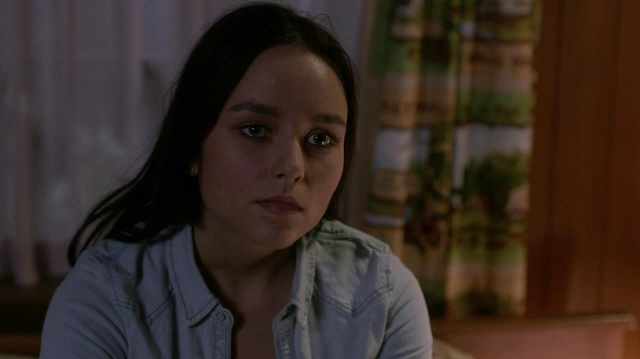
The human drives in the vampires are very clearly illustrated again in the episode “Alex Annie Alexis Ann” which introduces Jody Mills and the audience to Alex for the first time. Here we see a vampire who lost her own daughter and sought to replace her with a kidnapped child, something with which Jody was able to sympathize (except for the killing part).
However, this episode also exemplified how these desires become warped and are wholly selfish, i.e. the difference between a human parent and vampire “parent”. The vampires here are unable (and unwilling) to put the best interests of their “child” ahead of their own desires – and so instead will solve the problem by turning Alex, and getting angry when she doesn’t align with this plan in the end.
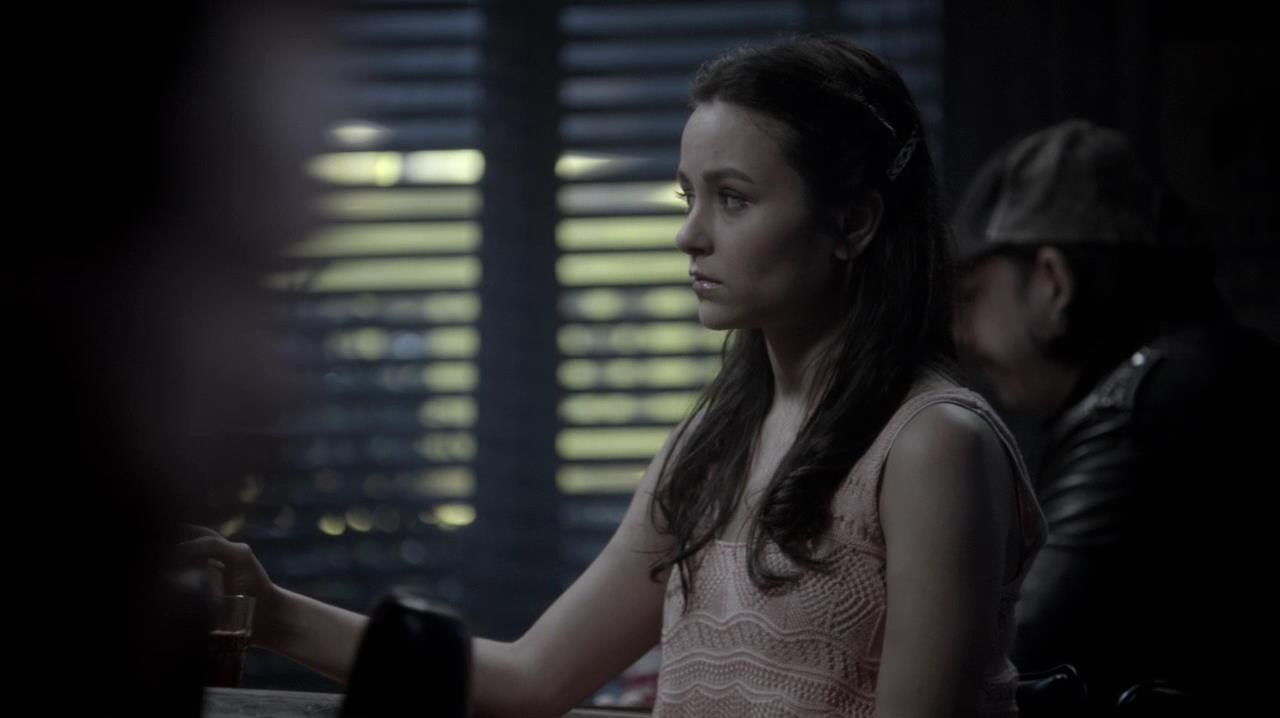
What is very key about this episode is the methods of manipulation employed by the vampires using Alex: she is an object of seduction and lure to bring food to their nest. In a not-so-subtle way, Alex is paralleled to a prostitute, with the end goal, again, being akin to addicts looking to score.
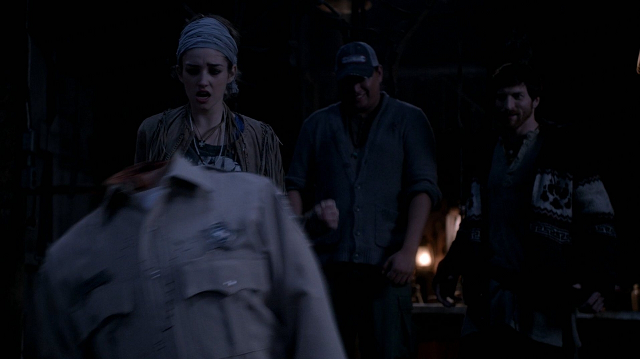
In one of the final, noteworthy illustrations of vampires embodying dependence and wanton, we have “Hibbing 911”. This is a vital episode (and a hilarious one) because it opens the world of Sam and Dean up to Donna Hanscum via Jody Mills – and does so using the platform of a “reformed” vampire. Here again is the allegory of a world of temptation & glut in the “scavenger vampire” lifestyle which vampire Len gave up – but it comes looking for him. Len, not dissimilar to Lenore in season two or Benny in season eight, is an anomaly among his kind for refusing to feed on humans anymore – and it isn’t received well. Like the former, Len ultimately dies for his convictions. Vampires have been nest creatures from the jump, and outliers like Len or Benny simply won’t do.
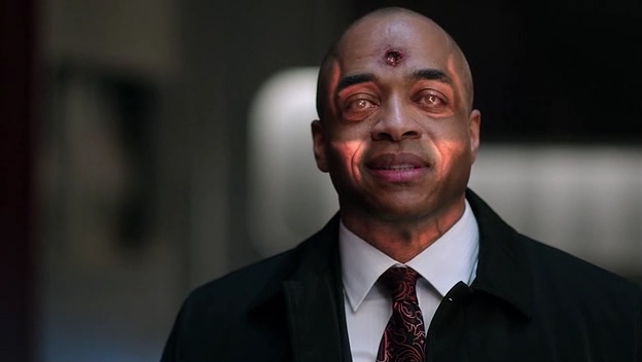
The Alpha’s death marks the last, most significant vampire event in the regular universe. This is a critical event; it is a tipping point for Sam in his decision to join the British Men of Letters (and we all know how that turns out!). This is also a dynamic power shift in the universe– because the Alpha, to this point has been so regal and prevailing, it is disquieting to have him die in this moment – in seemingly so simple a way. Note too that the Alpha dies by the Colt, a weapon brought to the Winchesters through vampires in the first place. Full circle storytelling.
Then & Now
Vampires have come a long way in fourteen (plus) years. This doesn’t even begin to talk about all the nuances, appearances, mentions, incarnations or events over the seasons of Supernatural – though it’s a start. Bear in mind, I deliberately left out background appearances, Apocalypse-World vampires and Michael’s maneuverings with the vampires from this conversation. Important they may be, but not for the individual development of this specific creature.
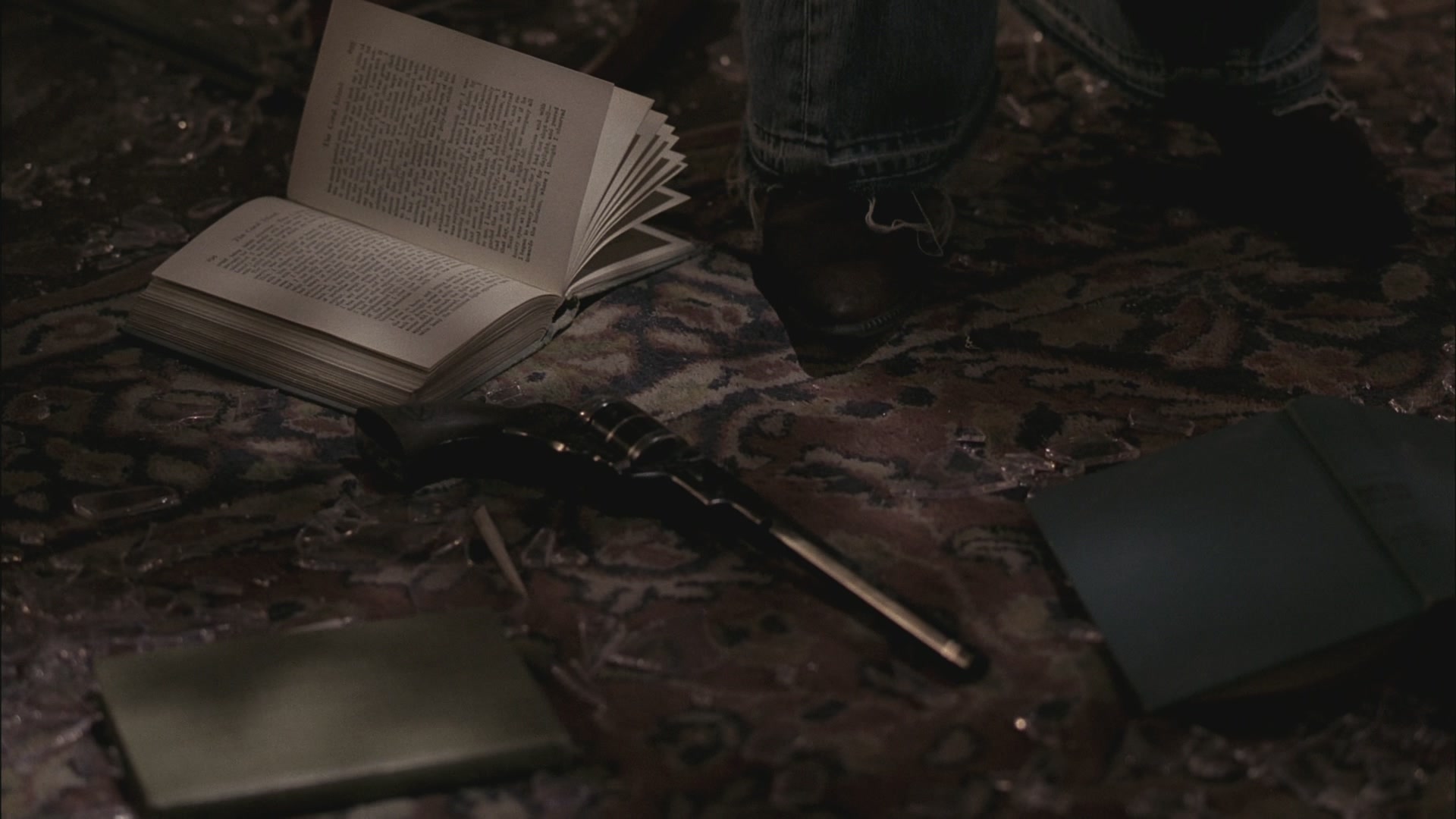
When we first met a vampire on Supernatural in season one, they were a nearly extinct creature, worth getting excited over because of their rarity. In the years since, we’ve met their maker (and He his), learned how to cure vampirism (kind of) and, most keenly, made a vampire friend or two. Vampires have had a major impact on the Supernatural series – without them, our boys wouldn’t have been equipped to kill Azazel, after all.
Do you have a favourite vampire moment? Some turning point that stands out looking back? Is there something you wish had gone differently?
Discuss below!
Keep Going with Monster Mythology Evolution! The next monster is the Djinn!
Want to learn even more about Supernatural’s Monsters? Try the insightful discussion by Bardicvoice: Supernatural University: On the Genesis and Regenesis of Monsters
In the mood for something lighthearted? Try Farawayeyes’ Supernatural Cupcake Wars, Part Four – Alpha Vampire’s Delight



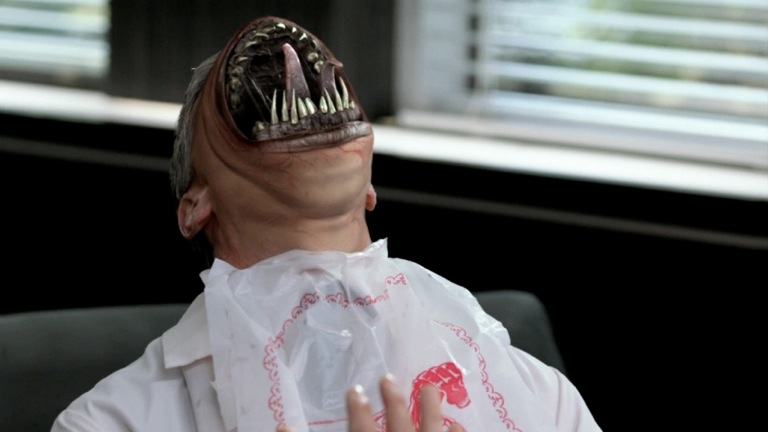
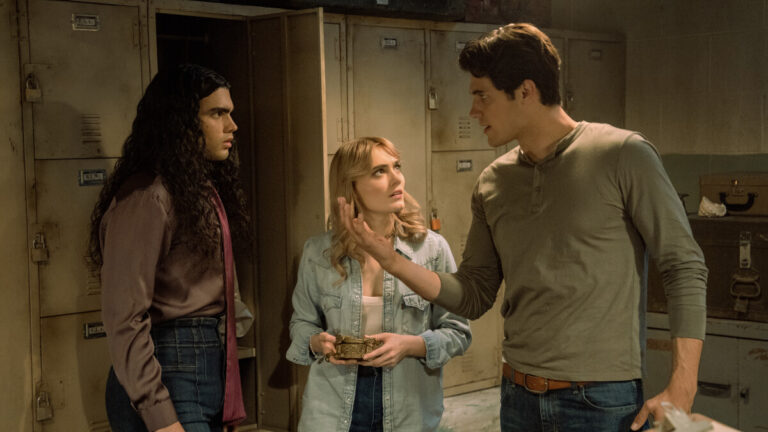

Leave a Reply